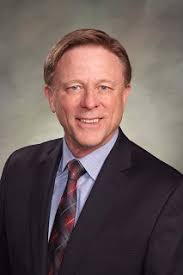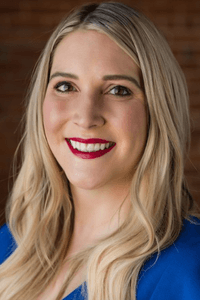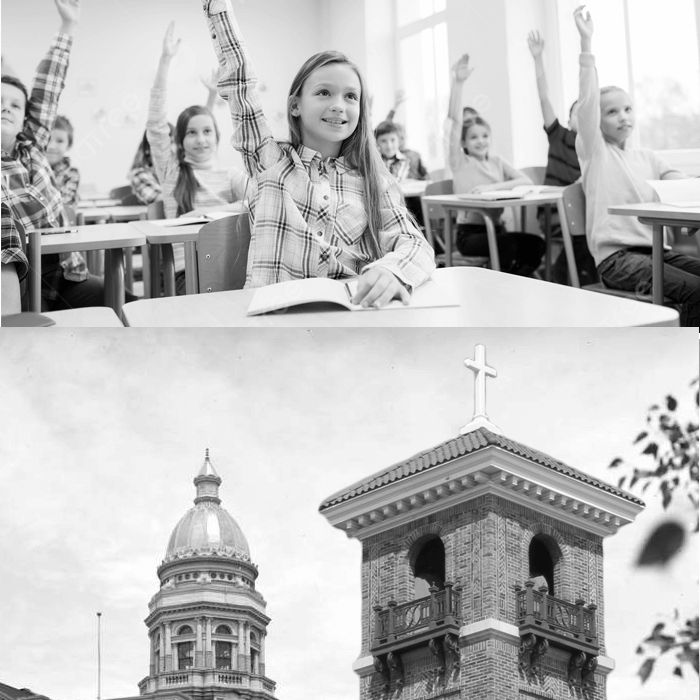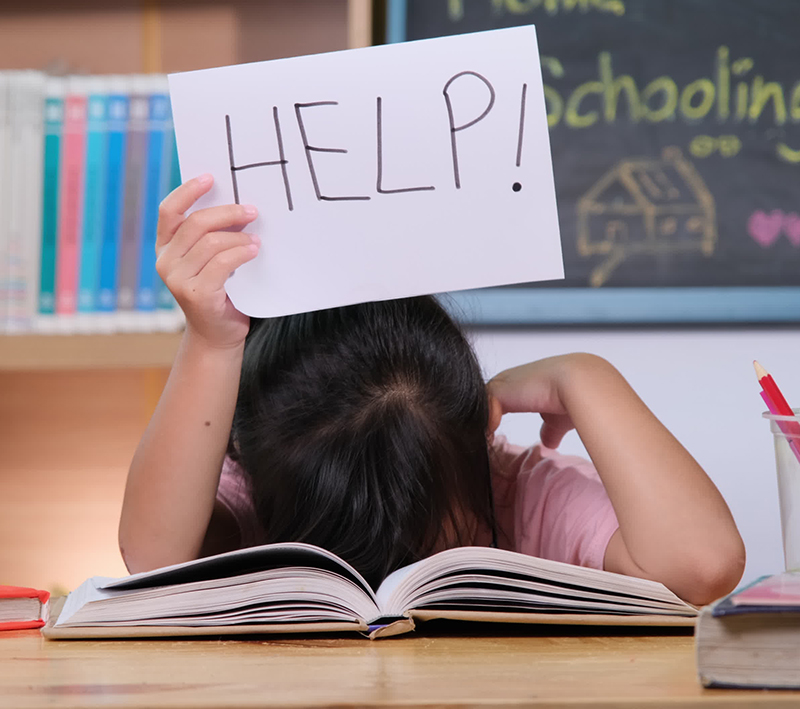SESSION RECAP: A school “voucher” program is unconstitutional in Wyoming. The Legislature created one anyway.
The Wyoming Legislature passed a bill this year to create a “school voucher” program and, in doing so, effectively knocked down the longstanding wall separating church and state.
Under the new program, parents can receive up to $6,000 per child in public taxpayer money to send their kids to private and religious K-12 schools or preschools, no matter whether that school employs qualified educators or teaches that evolution is fake and that Satan reigns supreme.
This one-size-fits-all policy has been deployed in many U.S. states as a dishonest attack on public schools. In Wyoming, it will mostly function to funnel tax dollars away from traditional public education to for-profit schools, and from rural Wyoming communities to the cities where these for-profit outfits operate.
It will also hurt special education students, who are rarely admitted to private or religious schools because of their special needs, leaving public schools with all the responsibility—but with fewer resources—to educate them.
In addition to harming Wyoming students, schools, and communities, the new program is also unconstitutional, since the Wyoming Constitution specifically prohibits the state from spending your tax dollars on private or religious entities.
In signing the bill into law, Gov. Mark Gordon claimed to find a loophole, because the state constitution does allow money to be given to individuals “for the support of the poor.” So, he used his line-item veto to make the $20 million fund for “Education Savings Accounts” available to only low-income families.
Prior to Gordon’s change, House Bill 166-Education savings accounts would have handed out public dollars to families earning up to roughly $156,000 a year. Instead, because of the line-item veto, only families making less than 150 percent of the federal poverty level will qualify—about $45,000 a year for a family of four.
It will mostly function to funnel tax dollars away from traditional public education to for-profit schools.
While Gordon said in his veto letter that he still has constitutional concerns about the program, he added that he’s “willing to risk them to help poorer families and give parents more choice.”
As with many compromises, this one will make no one happy. Advocates working to tear down public education—like the Koch Brothers-funded Americans for Prosperity—will continue to push to expand the voucher program in Wyoming, while defenders of public schools will keep fighting against it.
Who will triumph? Like many issues before the Wyoming Legislature, this one will be largely determined by the outcome of the 2024 elections.
Opposition from all sides
In addition to funding private and religious schools, the $6,000-per-student school vouchers—or “education savings accounts”—will be available to parents who homeschool their kids.

Rep. Jerry Obermueller
Interestingly, homeschool parents were among those who opposed HB-166, out of fear they will be subject to more government regulations tied to the public funds.
Similarly, Rep. Jerry Obermueller (R-Casper) argued that the voucher program is bad for religious schools, which have operated independent of government support in Wyoming for more than a century, since they now will depend on public support.
Rep. Obermueller related that his wife, who came from a low-income family, attended a private church-based school in Cheyenne thanks to a scholarship.
Such opposition from key constituencies that the voucher program was meant to benefit illustrates that, in fact, it is little more than a ploy to undercut resources for public education.
Fraud and abuse
The new voucher program will be administered by the Wyoming Department of Education, despite that agency having no experience operating a system that distributes money to individuals based on their need.
Many programs designed to help low-income residents provide direct, specific aid—such as Medicaid health coverage—rather than a cash handout. School voucher programs are different, and thus are wide open to abuse.

Megan Degenfelder
Wyoming Superintendent of Public Instruction Megan Degenfelder promised the Legislature that her agency was up to the task. She pushed back against a suggestion that the program might be administered by an agency with relevant experience, like the Department of Family Services.
It seems she might not recognize the full scope of what she’s signing up for.
In Arizona, the state has been unable to stop the rampant fraud from people applying for public money and spending it on anything but education. Recently, five former Arizona Education Department employees were indicted for allegedly defrauding that state of $600,000 by using fake birth certificates and other falsified documents to create “ghost students” and pocket the cash.
Mississippi’s voucher program has had similar problems of widespread fraud.
Court clashes over education
Unlike public schools, which have strict certification standards, private and religious schools are not even required to employ certified teachers.
There is little chance that the quality of education offered by these schools will be as high as Wyoming’s public schools, which have consistently ranked among the top states—and the best in the West—in the National Assessment of Education Progress, also known as “the Nation’s Report Card.”
There is little chance that the quality of education offered by these schools will be as high as Wyoming’s public schools.
In fact, Wyoming fourth graders scored the best in America in NAEP’s mathematics test, last administered in 2022.
Public school advocates like the Wyoming Education Association have deep concerns about the harm to statewide learning the vouchers will bring about. WEA President Grady Hutcherson said the new program is a “massive blow to our public education system. It is a reckless, negative program that eats away at the already-limited resources available to support 93 percent of students enrolled in our public schools.”
The Legislature currently faces a lawsuit that will go to trial in June brought by the WEA and Wyoming school districts responding to decades of underfunding by state lawmakers.
Legislators did agree to include a cost-of-living raise for teachers in the budget passed during the 2024 session, in an attempt to show good faith in advance of their day in court.
It is unclear what impact this new unconstitutional law will have on the current proceedings. It seems likely that the voucher program will eventually end up before the courts, as well.





